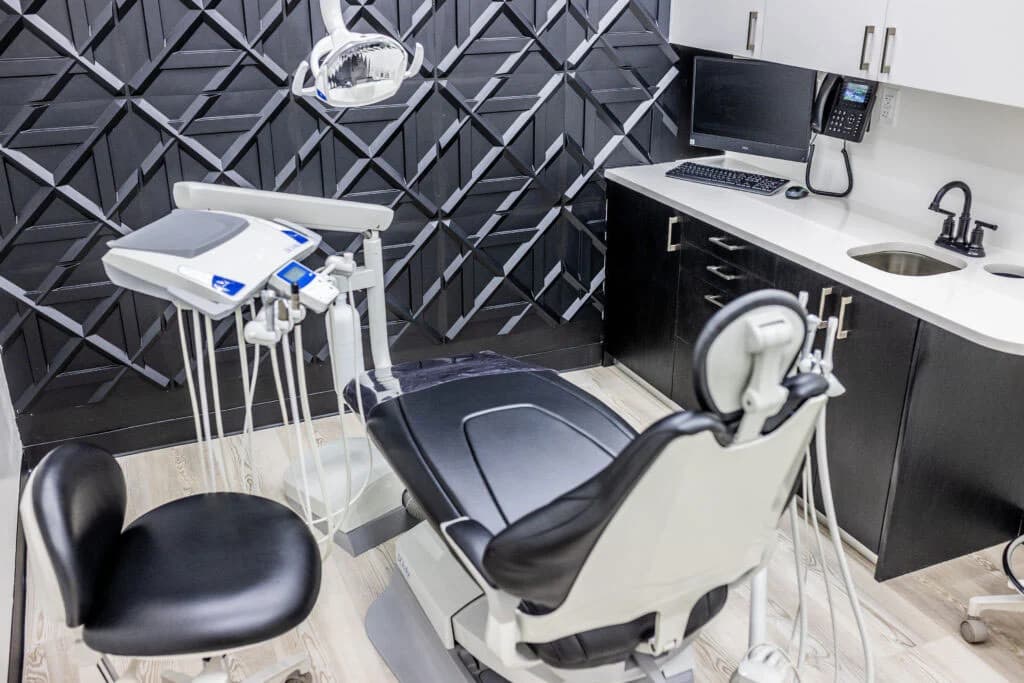Teeth Whitening
Teeth whitening, also known as bleaching, is a non-invasive procedure designed to whiten and brighten teeth that are stained, discolored, darkened, or yellowed. Since its introduction in the 1980s, the popularity of teeth whitening products and procedures has skyrocketed. According to the American Academy of Cosmetic Dentistry, the most common response to "What would you like to improve most about your smile?" was: whiter and brighter teeth.
The whiteness of a tooth depends on how light reflects and scatters off the enamel, the tooth's outermost layer. Teeth can look dark or discolored due to external stains caused by certain foods, beverages, and tobacco; internal discoloration due to hereditary factors, certain medications, tooth decay, restorations, or trauma; and aging, as enamel thins over time and the underlying yellow dentin becomes more visible.
Although over-the-counter teeth whitening systems are popular, they come with health concerns and limitations. Professional teeth whitening performed by a dentist offers several advantages: prescription-strength bleaching agents ensure effective and dramatic results, teeth and gums are carefully protected during the procedure to avoid damage, a dentist can address contraindications such as sensitive teeth, cavities, or gum disease before treatment, and custom treatment plans consider existing dental restorations, which do not whiten.
Professional whitening options include in-office whitening, where a prescription-strength procedure is performed in a dental office that can whiten teeth by several shades in as little as one hour - this is the safest and most effective method, with sensitive areas and surrounding tissues carefully protected. Take-home whitening systems use custom-fitted trays provided by the dentist that allow bleaching agents to stay in maximum contact with teeth while protecting other areas of the mouth. Results are achieved over a longer period compared to in-office treatments, and these systems can also be used as a follow-up to maintain or perfect in-office results.
In general, individuals with yellow tones in their teeth respond best to whitening procedures, while brown or grayish hues may require more extensive treatment or alternative cosmetic solutions. Teeth whitening may not be recommended for those with sensitive teeth, worn enamel, or significant gum disease.
*Always consult with your dentist to determine the best whitening option for your specific needs and ensure safe, effective results.

Professional Dental Care
State-of-the-art treatments in Astoria
Questions About Your Dental Health?
Dr. Khaimov is here to help you understand all your treatment options.
Schedule Consultation